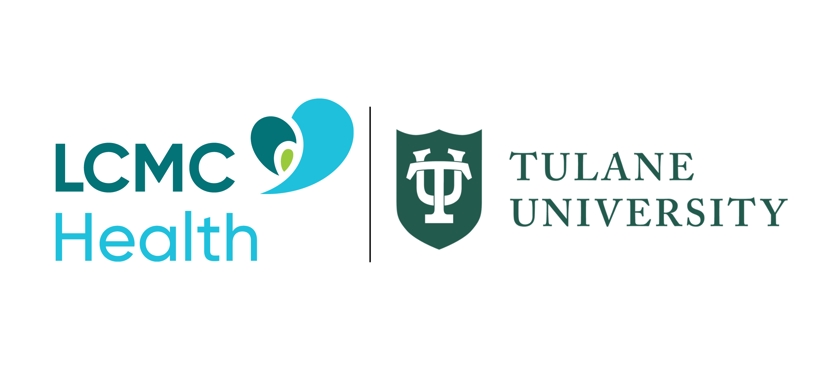Give your heart some love during American Heart Month
- Category: Health & Wellness, Heart & Vascular
- Posted on:

February might be known as the month of love, but it’s also a month to celebrate hearts of another kind! During American Heart Month this year, take some time to learn how to protect your heart health.
You see plenty of pink and red hearts in honor of Valentine’s Day. Spread the love to your actual heart with the help of a few tips from our LCMC Health team.
Why there’s an American Heart Month
February is American Heart Month for good reason. Heart disease is the leading cause of death among both American men and women, causing approximately one in five deaths.
Heart Month raises awareness about cardiovascular disease and highlights the steps we can take to protect our hearts. The awareness month was established in 1964 by President Lyndon Johnson and has been marked ever since.
Wearing red is another way to acknowledge American Heart Month. Each year, on National Wear Red Day, the first Friday in February, Americans wear red to raise awareness about women and heart disease.
What you can do to protect your ticker
Every 33 seconds, someone in the U.S. dies of cardiovascular disease. That statistic is sobering, but you can take steps to lower your risk of conditions such as heart attack, heart disease and stroke. The first step is to learn about your risk factors.
Having a family history of heart disease can increase your risk, as can being older. You can’t change these risk factors, but others are in your control.
At your next checkup, pay special attention to your blood pressure, cholesterol and blood sugar. High levels are a risk factor. Your risk also increases if you eat a diet high in fat and sodium, if you’re inactive, if you smoke or if you drink alcohol excessively.
Looking to lower your risk? Start here:
Move your body often. A sedentary lifestyle increases your risk of heart disease, so get your heart pumping. Experts recommend at least 150 minutes of moderate-intensity physical activity (brisk walking or jogging) or 75 minutes of strenuous physical activity (high-intensity interval training or running) each week. Adults should also fit in two weekly sessions of muscle-building workouts, such as doing pushups or lifting weights. Break exercise down into chunks throughout the week as needed.
Fuel your body the healthy way. Fill at least half your plate at meals with plenty of fruits and vegetables in a rainbow of colors. Each hue offers specific nutrients and benefits to your health. Round out the meal with lean protein sources (chicken, fish, tofu or beans), whole grains and a small amount of healthy fat, found in olives, avocados or nuts. Limit your intake of saturated fat, added sugar and sodium.
Quit smoking. If you don’t smoke, don’t start! Smoking damages the blood vessels in the body, which can ultimately impact how blood gets to and from your heart. Think e-cigarettes are a safer option? Think again. A 2022 study found that vaping was associated with “worrisome changes in cardiovascular function,” even in young adults.
Minimize your alcohol intake. Research is inconclusive about whether drinking alcohol, such as red wine, can benefit your health in any way. However, the research about whether it can harm your health is clear. Drinking an excessive amount of alcohol can increase the risk of high blood pressure, heart disease and stroke. Limit your consumption to no more than one drink per day for women and two for men.
Manage your health. If you’ve been diagnosed with medical conditions, such as high blood pressure or diabetes, work with your medical providers to manage them effectively. Take medication as prescribed or make recommended lifestyle changes to help control those conditions and lower your risk of heart disease at the same time.
You can also help protect your heart by getting enough quality sleep and finding healthy ways to manage stress. Besides, who wouldn’t benefit from more sleep and less stress?
Give your heart some love with a checkup from one of our heart health providers. LCMC Health offers comprehensive cardiovascular services for our community.

